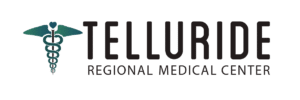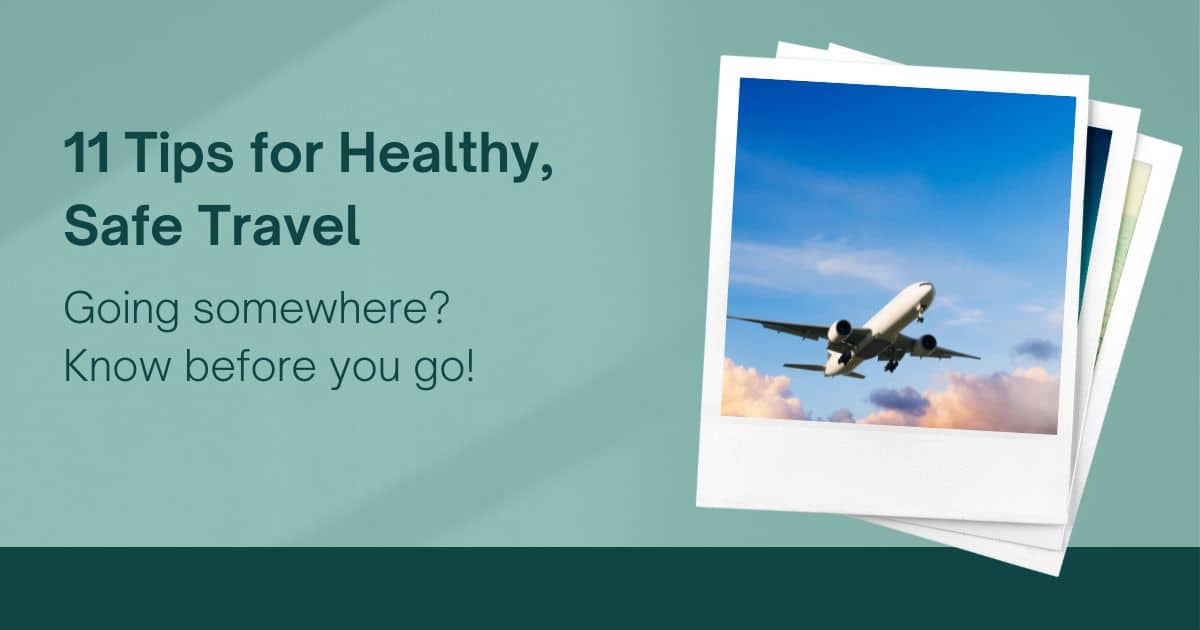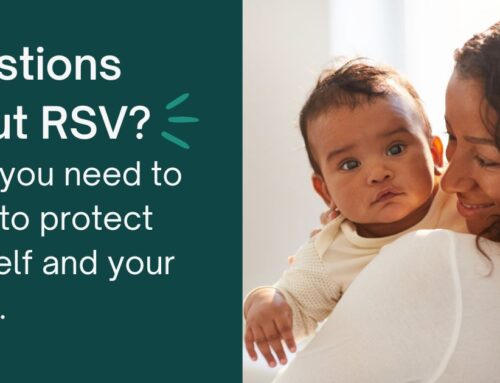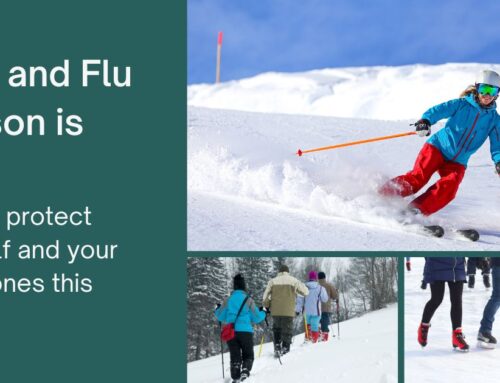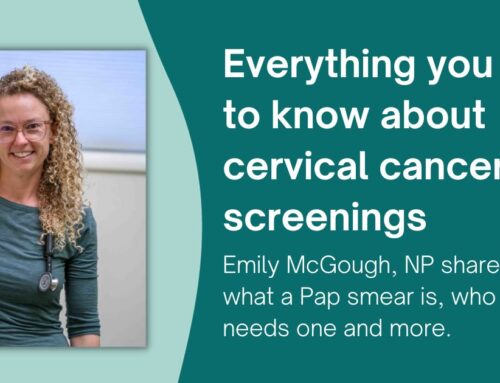Planning a trip? Don’t leave home without this checklist from the primary care team at the Telluride Regional Medical Center to help make sure your fall travel plans go off without a hitch.
Consult your health care provider prior to travel. You may need specific vaccines for certain destinations. Make sure to give yourself enough time to get the vaccinations you need before you leave town.
Take precautions against malaria and other insect borne diseases. Take anti-malarial medication as recommended by your healthcare provider. Medications should be purchased in the U.S. as many medications overseas contain no active ingredients. See Travmed.com for insect protection products.
Create a personal first aid and medical kit containing travel and personal medications for your trip. These should be in your carry-on luggage and always in their original containers.
Consider travel insurance. If you plan on traveling outside the United States or to Hawaii (we all saw what recently happened in Maui) consider buying travel insurance to protect yourself in the event of any disruptions. Here are two helpful resources: InsureMyTrip.com or TripInsuranceStore.com.
Plan ahead for international travel. Check here for the most up-to-date travel requirements for other countries.
Covid is still a thing. Public health officials are warning of potential late summer/fall surge in infections. Take time to get your vaccinations up to date and pack some masks for added protection.
Road safety is important, always wear seatbelts and use helmets on bikes and motorcycles. Avoid night time driving.
Abstain from casual or unsafe sexual practices to avoid any exposure to HIV, Hepatitis B and other sexually transmitted diseases.
Assure safe water and food supplies. Avoid raw foods and any non-treated water. Stick to bottled water that you have opened. Carry Potable Aqua or other water treatment products as a backup.
Avoid excessive sun exposure by using sunscreen with a minimum of an SPF-30 rating. Be aware that sun is most intense from 10-4, especially if you are on water, snow or at altitude.
Leave animals alone. Rabies or other infections can be a serious risk from bites or scratches.
The best way to travel is to travel safely. The primary care team at Telluride Regional Medical Center can help you plan ahead so you don’t get left behind.
